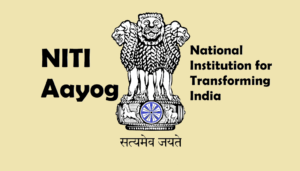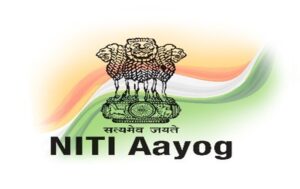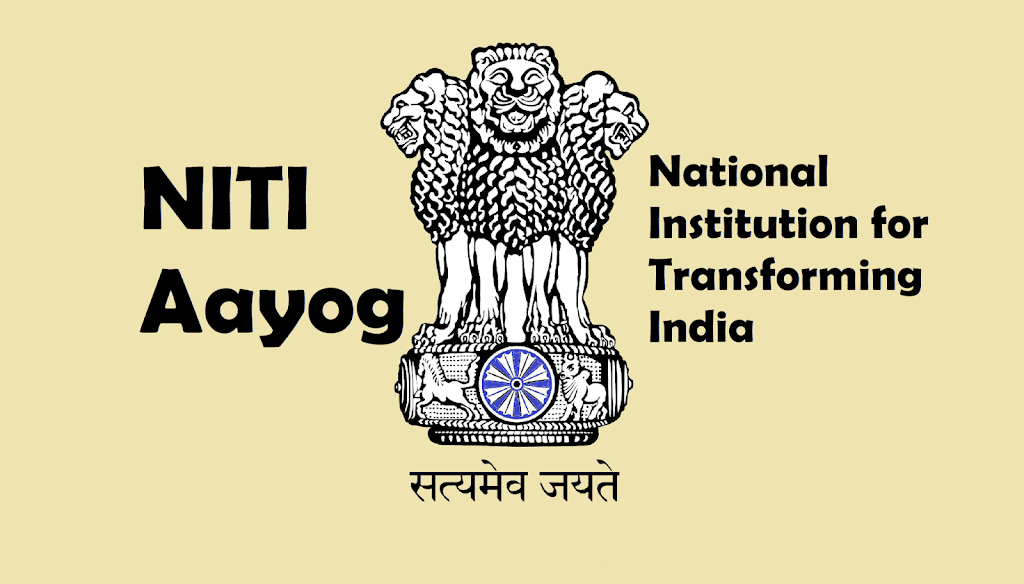Three years after India announced its ambition to become a net-zero economy by 2070, the policy framework to reach this goal is taking shape. The NITI Aayog has established specialized multi-sectoral committees to devise a comprehensive transition plan.

In 2021, India joined a select group of nations by setting a target year for achieving net-zero carbon emissions. At COP26 in Glasgow, Prime Minister Narendra Modi presented a five-pronged ‘Panchamitra’ climate action plan for India and pledged to reach net-zero emissions by 2070, aligning with countries such as the US, the UK, and China.
In a memorandum issued by the NITI Aayog in April, it was noted: “Considering India’s climate change commitments under the United Nations Framework Convention on Climate Change, its developmental needs, and the goal of becoming a developed nation by 2047, the following working groups have been established to identify issues, develop pathways, and recommend policy actions on various aspects of climate change.”
If you are an Interested Candidate You can apply For the Accenture Platform Support New Associate Click here
CLICK HERE To Apply Now
The memo, titled “Formulation of Interministerial Working Groups to Develop Pathways for Meeting National Commitments on Net Zero and to Propose Strategies and Interventions for Achieving the Same,” includes representation from current and former government officials, sector regulators, financiers, sector experts, academicians, and industry representatives.

India’s five targets included achieving 500 gigawatts of non-fossil capacity, sourcing 50 percent of energy needs from renewable energy by 2030, reducing projected carbon emissions by 1 billion tonnes, and cutting the overall carbon inventory by 45 percent.
While significant progress has been made on the other four targets of the ‘Panchamitra,’ this marks the first time a policy-level intervention has been initiated towards the net-zero goal.
The NITI Aayog has established six working groups to devise policy formats, working models, and transition pathways for key sectors.
These six sectoral working groups are focused on:
1. Macroeconomic implications of the transition
2. Climate finance
3. Critical minerals — research & development, domestic manufacturing, and supply chains
4. Social aspects of energy transition
5. Policy synthesis
6. Sectoral committees on transport, industry, buildings, power, and agriculture
The reports generated by these groups will be compiled by the NITI Aayog into a comprehensive report. The deadline for all groups to submit their action plans is October 2024.
According to official sources, the NITI Aayog’s report is expected to serve as a policy handbook for all central ministries, guiding the drafting of climate-resilient and adaptive policies.
To Follow Us on Instagram : Click Here











Be First to Comment